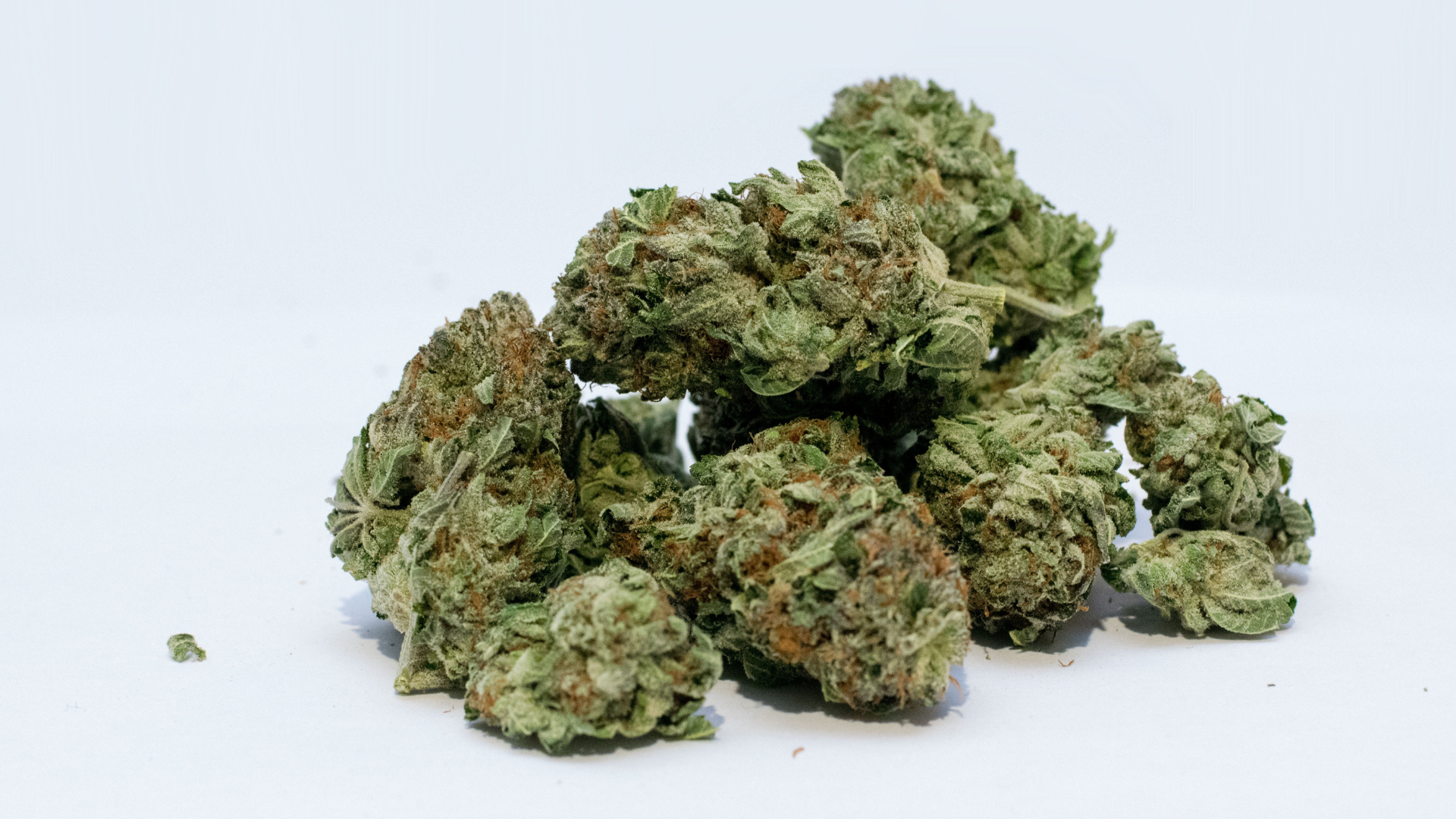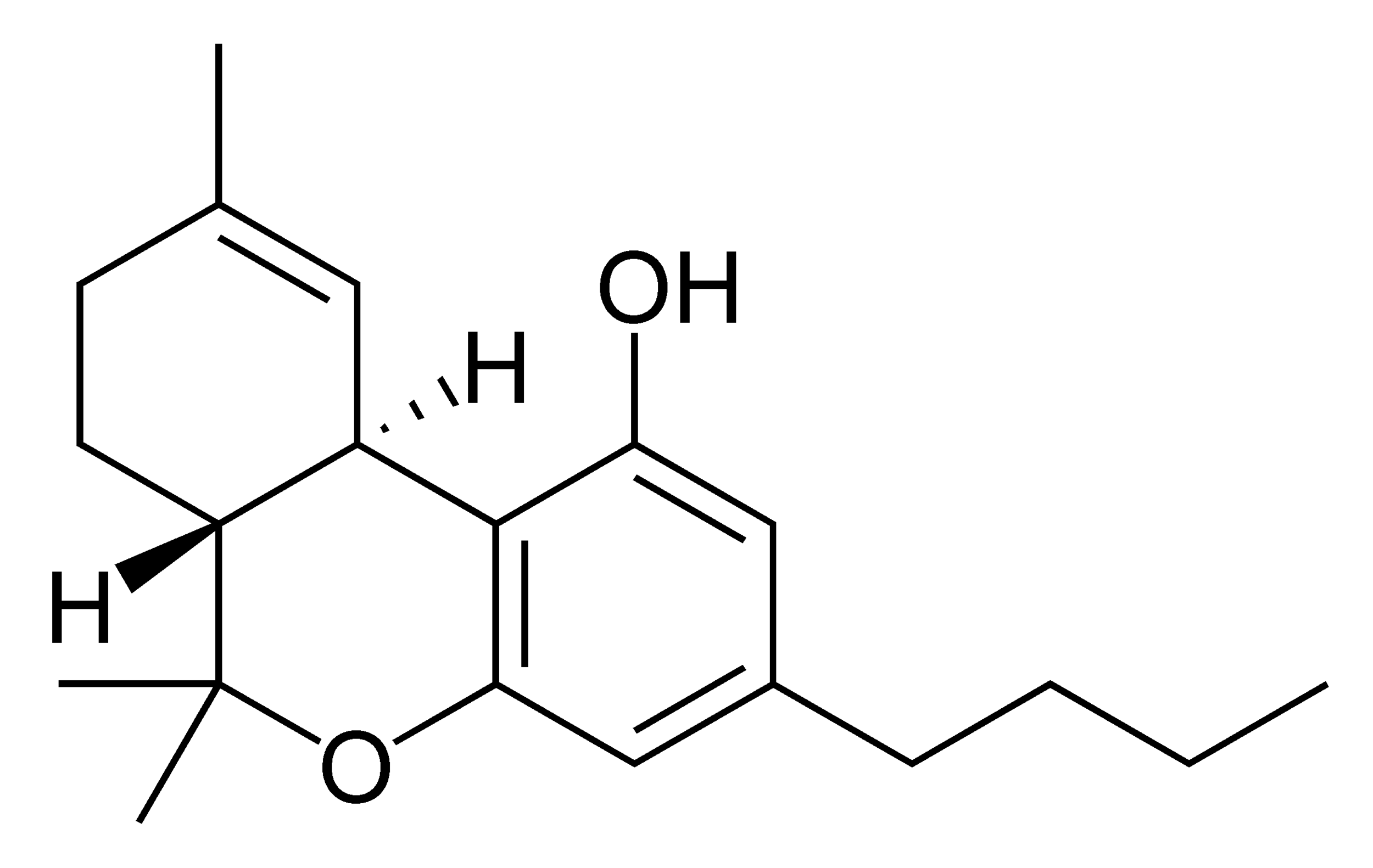Type a search + hit enter!

Cannabinoids are a class of naturally occurring, biologically active molecules. Delta-9-tetrahydrocannabinol, more commonly known as THC, is a psychoactive cannabinoid found in marijuana – this is not produced in the human body. There are cannabinoids produced by the human body (endogenous cannabinoids) that act on the endocannabinoid system (ECS) to elicit neurological responses by binding […]
read more
latest post

read more
Cannabinoids are a class of naturally occurring, biologically active molecules. Delta-9-tetrahydrocannabinol, more commonly known as THC, is a psychoactive cannabinoid found in marijuana – this is not produced in the human body. There are cannabinoids produced by the human body (endogenous cannabinoids) that act on the endocannabinoid system (ECS) to elicit neurological responses by binding to cannabinoid receptor type 1 and 2 (CR-1 & CR-2). The best studied endogenous cannabinoids include 2-arachidonoyl glycerol (2-AG) and arachidonoyl ethanolamide (anandamide). Endocannabinoids are thought to play a role in appetite stimulation, neonatal immunity, and brain development. So, it is not surprising that maternal endocannabinoids are incorporated into human milk.
Delta-9-tetrahydrocannabinol molecule
Twelve endocannabinoid-related compounds have been detected in human milk. The most abundant endocannabinoid in human milk is 2-AG. Levels of 2-AG do not seem to be impacted by handling and storage, but scientific data is limited. Now for the one million dollar question: if endocannabinoids are in human milk already, does that mean marijuana consumption is OK during lactation? Well, it doesn’t really work like that. A 1998 article in Nature explains that the gastrointestinal enzyme fatty acid amide hydrolase breaks down 2-AG, thus requiring much higher levels in foods (like human milk) in order for activity to be observed in the individual consuming the food. This means that infants do not have much neurostimulation from the 2-AG in human milk. Infants do produce their own endocannabinoids, though, and THC can bind to the same receptors as 2-AG (CR-1 in particular). This blocks the ability for 2-AG acts as a neurotransmitter, so there is concern that passage of THC to the infant may impact nervous system and endocannabinoid system development. As the nervous system and the endocannabinoid system are important in motor skill development and immunity, marijuana consumption should be avoided during lactation to protect brain development in the child.
Get Your copy →
Cross the finish line with confidence.
Don't walk into your IBCLC exam nervous - with our comprehensive study guide in your back pocket, you'll be prepared for every scenario and question.
